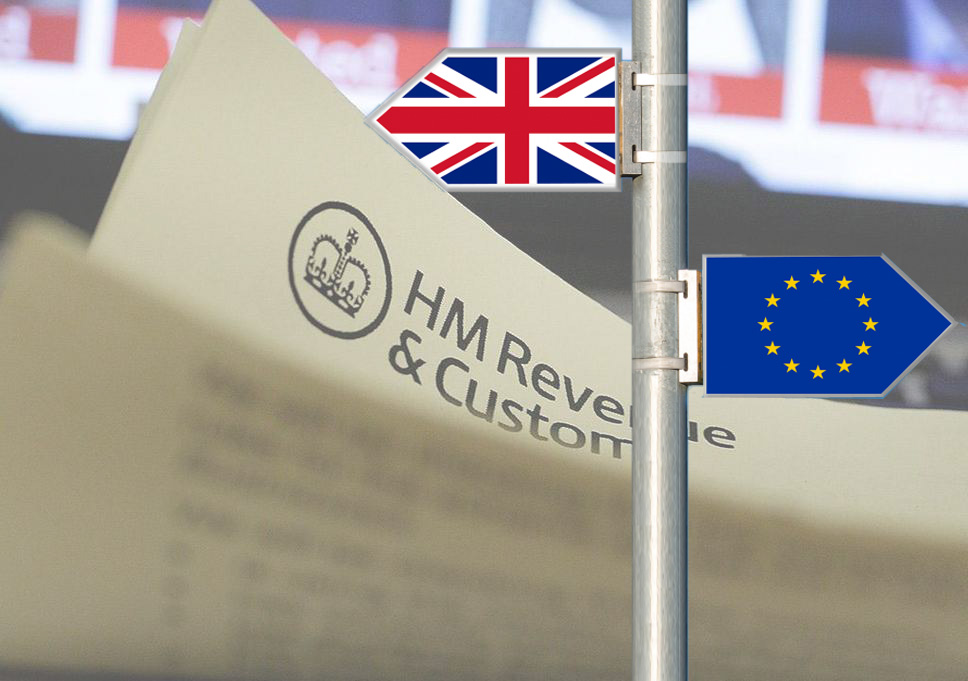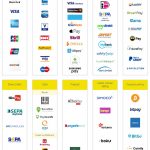What a no-deal Brexit means for businesses
HMRC has written to hundreds of thousands of UK businesses that only trade with the EU to tell them what to expect if there is a no-deal Brexit.The letters have been sent to some 145,000 VAT-registered businesses, explaining that they should prepare for possible changes to customs, excise and VAT procedures.
Businesses which trade with non-EU countries will already be perfectly used to these procedures, as they are par for the course when trading with the rest of the world. But businesses which trade only within the EU will have to make considerable adjustments, as at the moment, there are no customs checks or declarations between Britain and the rest of the EU.
Any changes would, in theory, come into force at 11pm on March 29, when Britain leaves the EU. A transition period until at least the end of 2020 to make the process more gradual still looks likely, but it is unclear what this would involve.
Minimising disruption?
The more comprehensive the deal that the UK signs with the EU, if indeed it does sign one, the less disruption there is likely to be. Negotiations stalled further on Tuesday 16 October, when EU leaders scrapped plans to outline a possible deal at a summit the following day. This came after Brexit secretary Dominic Raab refused to sign off an agreement on the Irish border.
Despite its assurances that no deal is “unlikely”, the government clearly believes it is a realistic possibility, and refers in its letter to the importance of “minimising delays and additional burdens for legitimate trade” should a deal not happen.
It adds: “We fully expect to negotiate a successful outcome with the EU, which would mean you do not have to make significant changes to the way that your business operates. In the event of no deal, the government is committed to prioritising stability for businesses.
“We will be in touch again before spring to let you know what actions (if any) you’ll need to take and when, and will publish more information on gov.uk.” Businesses can stay up to date by registering for HMRC’s EU exit updates.
A separate version of the letter for businesses in Northern Ireland says that the government is committed to avoiding a hard border between Northern Ireland and the Republic of Ireland.
Last month, a report by the group Economists for Free Trade suggested a hard Brexit could boost UK revenue by £80 billion over 15 years. But in a poll of 100 UK business leaders, mostly chairmen and women and chief executives of top FTSE companies, three quarters said they were concerned that a no-deal Brexit would adversely impact their business.
If you’re unsure what the customs changes might mean for your business, speak to your financial advisors to help you prepare. Tax specialists and chartered accountants in Tunbridge Wells and London are well placed to assist businesses in the South East with the transition.










